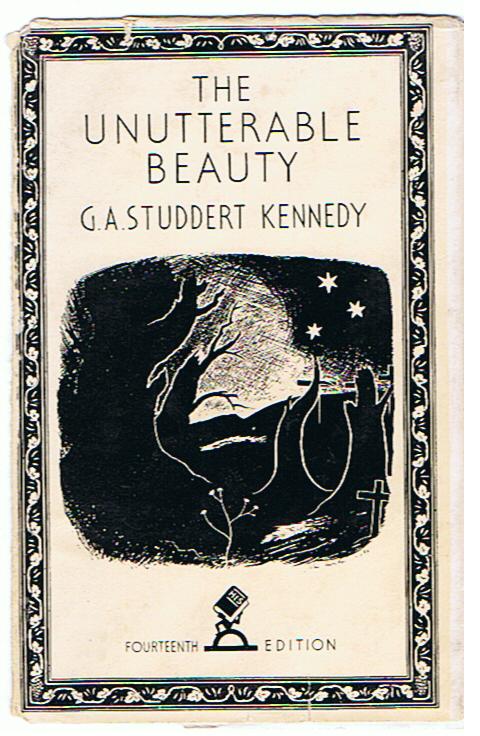This weariness of mine | George MacDonald

For several months I’ve been up, down, and all over the place trying to figure out who I am now, and why I feel so weary. To things that fell apart years ago, new things arrive unannounced, no matter how long or short the distance may be from here to the end of life as I’ve known it.
On January 1 of this year I began reading one of George MacDonald’s sonnets each day. It’s my 3rd or 4th time going through them. This time, however, I’m finally beginning to hear MacDonald as he was when he wrote them. He was living through a slow, painful death following many years of chronic tuberculosis, the loss of five of his children (4 to tuberculosis), and ongoing debates with church officials who didn’t find his brand of Christianity fully acceptable.
My life has been a lark compared to his. Yet even as I write this I know it’s not the truth. My life has NOT been a lark. I have often not been fully accepted as the person I am, beginning with my upbringing and continuing through my adult years. I must also say I wouldn’t have made it without unnumbered friends and strangers along the way.
These days, weariness is a constant companion. Some of it because of new and old health issues; other pieces because of what it has cost, and still costs me to be the woman I am. I’m often tempted to feel sorry for myself, or angry because of what I inherited the day I was born.
This sonnet, however, isn’t about the past. It’s about the present and the future. It’s about the wonderful gift of accepting weariness as a sign that I’ve done what I could do. Like fruit past ripe, I too am waiting to drop wearily into the good earth. Finally at rest.
Here’s the sonnet I didn’t understand until today.
3 December, from George MacDonald’s The Book of Strife in the Form of the Diary of an Old Soul
This weariness of mine, may it not come
From something that doth need no setting right?
Shall fruit be blamed if it hang wearily
A day before it perfected drop plumb
To the sad earth from off its nursing tree?
Ripeness must always come with loss of might.
The weary evening fall before the resting night.© 1994 Augsburg Fortress, page 120
Thanks for reading and listening. I couldn’t ask for a better audience.
Elouise♥
© Elouise Renich Fraser, 3 December 2022
Tanbirul Islam, photographer; photo found at http://www.pexels.com








